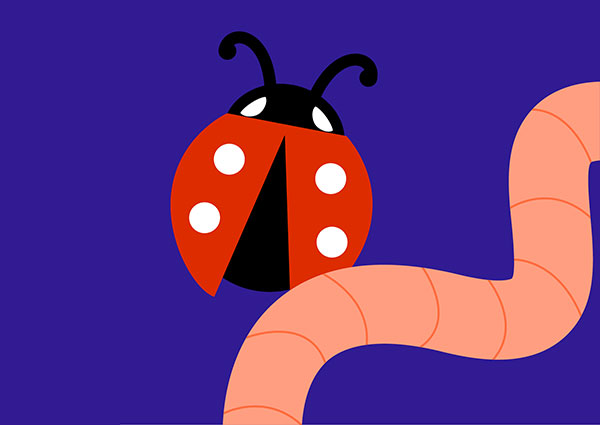Bug hunt lesson plan 7-11s
- 7-11s
- Biodiversity
Collect and categorise creepy crawlies with this lesson plan on identifying bugs.
With this lesson plan students learn how to identify common bugs; they observe their features and discuss findings with fellow students. This activity is a great way to get children working outside the classroom and is a good introduction to the Pod’s Bug Hotel activity.
Download ()
Science
Key concepts
1.1 Scientific thinking
Key processes
2.1 Practical and enquiry skills
Pupils should be able to:
Range and content
3.3 Organisms, behaviour and health
The study of science should include:
ICT
Key concepts
1.3 Exploring ideas and manipulating information
Key processes
2.1 Finding information
Pupils should be able to:
Range and content
The study of ICT should include:
Sciences
Planet Earth
Biodiversity and interdependence
Technologies
ICT to enhance learning
Science
Skills
Pupils should be given opportunities to carry out different types of enquiry, e.g. classifying and identifying
Pupils decide on the most suitable type of enquiry to carry out and outline the planned approach/method, recognising, deciding upon and justifying each of the
following when appropriate:
Pupils follow the planned approach/method, revise it where necessary, and where appropriate:
ICT
Skills
Pupils should be given opportunities to produce and use databases to analyse data and follow particular lines of enquiry, e.g. use simple and complex queries (searches/sorts)
Range
Pupils should be given opportunities to:
Science and Technology
Developing pupils’ knowledge, understanding and skills
Pupils should have opportunities to develop skills in scientific methods of enquiry to further scientific knowledge and understanding:
Developing pupils as contributors to the economy and the environment
ICT
Pupils should be enabled to: